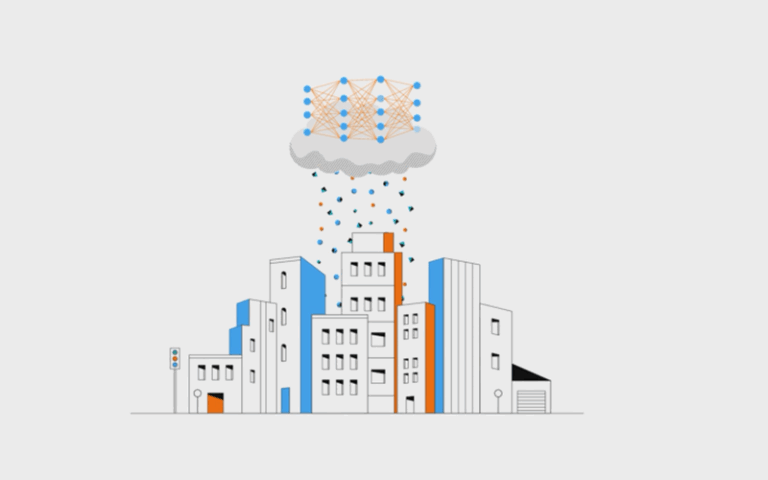Newly launched this month, Cloudera Data Services brings private AI into on-premises private cloud deployments with secure GPU-accelerated generative AI capabilities behind an organisation’s own firewall.
Our current exposure to modern artificial intelligence functions is generally through comparatively “open” touchpoints i.e. using ChatGPT, Gemini, Meta AI, Claude or others via a browser or inside a public-facing chat or social application. While enterprise license users will have a closer-to-hand experience with these new tools, services and agents, the majority of the interactions experienced are essentially out in the open. Cloudera aims to make private AI a more accessible reality for business users with its Cloudera Data Services service, which brings so-called “private AI” on premises.
What is private AI?
But what is private AI in this context? We can say that private AI is the use of artificial intelligence services by a single specific entity (group, department, team or company) where the data used in the model is exclusively proprietary, meaning it is wholly owned, managed, controlled and secured by the entity in question. Not intended for use in the public domain, we can say that private AI is exclusively exposed to proprietary datasets, which often feature sensitive or private (and typically highly valuable) business data. Often making use of domain-specific information sets (and the use of Retrieval Augment Generation), the data used in private AI is only transported down conduits that we can define as private, dedicated network connections.
With built-in governance and hybrid portability, organisations can now build and scale their own sovereign data cloud in their own datacenter, eliminating security concerns. Cloudera is the only vendor that delivers the full data lifecycle with the same cloud-native services on-prem and in the public cloud.
“Historically, enterprises have been forced to cobble together complex, fragile DIY solutions to run their AI on-premises,” said Sanjeev Mohan, industry analyst. “Today the urgency to adopt AI is undeniable, but so are the concerns around data security. What enterprises need are solutions that streamline AI adoption, boost productivity, and do so without compromising on security.”
Safeguarding models & data pipelines
Concerns about keeping sensitive data and intellectual property secure is a key factor for what holds back AI adoption from enterprises across industries. According to Accenture, 77% of organisations lack the foundational data and AI security practices needed to safeguard critical models, data pipelines and cloud infrastructure. Cloudera directly addresses the biggest security and intellectual property risks of enterprise AI, allowing customers to accelerate their journey from prototype to production from months to weeks.
This release brings the benefits of Cloudera Data Services to an organisation’s datacentre. Users can reduce infrastructure costs and streamline data lifecycles, boosting data team productivity. They can also accelerate workload deployment, enhance security by automating complex tasks, and achieve faster time to value for AI deployment. In addition to improved practitioner experience and enterprise readiness, users now get cloud-native agility behind their firewall, allowing them to scale efficiently without sacrificing security.
As part of this release, both Cloudera AI Inference Service and AI Studios are now available in the datacentre. Both of these tools are designed to tackle the biggest barriers to enterprise AI adoption and have previously been available in cloud-only. This launch allows businesses to accelerate AI adoption and securely build and run generative AI applications within the security of their own datacenter to keep sensitive intellectual property behind their firewall.
Monolithic cluster bust
“Cloudera Data Services On-Premises delivers a true cloud-native experience on-premises, providing agility and efficiency without sacrificing security or control,” said Leo Brunnick, Cloudera’s chief product officer. “This release is a significant step forward in data modernisation, moving from monolithic clusters to a suite of agile, containerised applications.”:
According to an independent “Total Economic Impact” (or TEI) study conducted by Forrester Consulting and commissioned by Cloudera, a composite organization representative of interviewed customers who adopted Cloudera Data Services on premises saw an 80% faster time-to-value for workload deployment, a 20% increase in productivity for data practitioners and platform teams, and overall savings of 35% from the modern cloud-native architecture. The study also highlighted significant operational efficiency gains, with some organisations improving hardware utilisation from 30% to 70% and reporting they needed between 25% to more than 50% less capacity after modernising.
